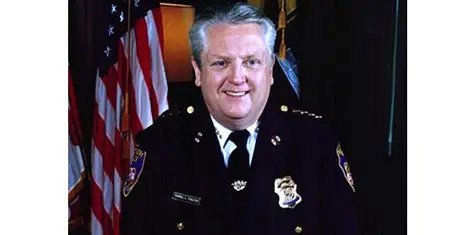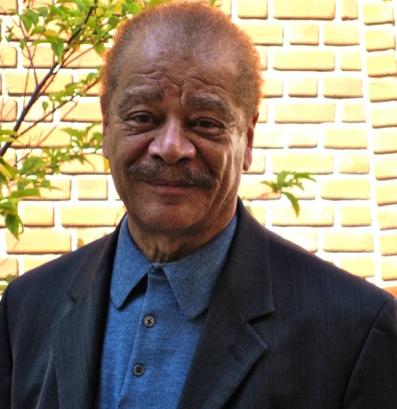Compliance Director Frazier Explains Why He Overruled Council on Police Reform
Oct 6, 2013
Posted in Police-Public Safety
OPD Investigating Itself Seen as the ‘Fox Guarding the Hen house,” Say Reformers
By Ken A. Epstein
The federal overseer with authority over the Oakland Police Department this week finally explained why he overruled City Council decision to house intake of all complaints against OPD officers outside of the department’s Internal Affairs Division.
Compliance Director Thomas Frazier announced over two weeks ago that he was overturning the implementation of the council’s 2011 ruling to consolidate intake of complaints at the city’s Civilian Police Review Board.
He said on Tuesday he had made the decision because he was concerned that if the intake of complaints become completely independent of OPD – not left under control of department officials – police officers were likely to lose confidence the complaint system.
As a result, Frazier said, officers might quit, while new officers could be hard to attract, meaning the department would continue to be understaffed.

“The issue of the location of the Intake Unit was difficult to reconcile. The working men and women of OPD … must be confident that the system is effective. If confidence in this system is lost, officer retention, recruiting, and attracting lateral transfer officers from other law enforcement agencies could be damaged,” said Frazier in a monthly report on his work.
“This would add to the substantial difficulties in growing the size of the department,” he said.
Reacting strongly to Frazier’s statement, local advocates of police reform complained that his position does not speak to the need for Oakland residents to be able to feel that OPD is accountable to the community that it serves.
“There has never been an issue to reconcile – at least, not in public,” said Rashidah Grinage, executive director of PUEBLO.
“At public discussions of this proposal, OPD command staff never objected to the transfer of intake to the CPRB. If there were issues that needed to be reconciled, they occurred behind closed doors and were never part of a public discussion or debate,” Grinage said.
“The public perception is that OPD investigating itself is like ‘the fox guarding the hen house’ and that fairness and objectivity are inherently lacking. Placing civilians in Internal Affairs will do nothing to alter that perception.
“Claims that OPD will fail to attract candidates because the intake of complaints has been transferred to CPRB are ludicrous on their face and there is no evidence to suggest that this would be the case.”

Also disagreeing with Frazier, civil rights attorney Walter Riley said, “The problem with the police department is that it needs to get into shape,”
“If they can’t answer to the public, and have no confidence (in the system) if they are required to fair, then they are in the wrong place,” he said.
What Frazier is saying “is no approach to having them shape up. It’s contrary to the needs of the people of Oakland,” said Riley.
Grinage said PUEBLO has filed a complaint with the city’s Ethics Commission for the years of closed-door meetings between the city administration and the Oakland Police Officers Association (OPOA).
“Bargaining with the OPOA over decisions that are public policy, not labor issues, is a violation of the Ralph M. Brown Act,” the state’s open meeting law, said Grinage.
“In the late 1990s, we discovered that the OPOA essentially had a secret veto over elements of an updated CPRB ordinance that we were trying to get passed,” she said.
“No matter what we said, they were able to veto anything they didn’t like behind closed doors.”
Taking action, PUEBLO and the American Civil Liberties Union (ACLU) filed a complaint with the Ethics Commission and won.
The commission told the city to stop the closed-door meetings, she said, “But the city turned around and sued the Ethics Commission. And we sued the city.”
“In the end we prevailed in Superior Court,” she said. “The judge said that civilian oversight is a managerial prerogative. It’s up to city leaders to decide on what kind of civilian oversight they want. It’s not bargainable with a labor unit.”
“And yet (City Administrator) Deanna Santana has continued to bargain with OPOA, who continued to have input in the job description” and to demand that intake workers be housed in Internal Affairs, she said.